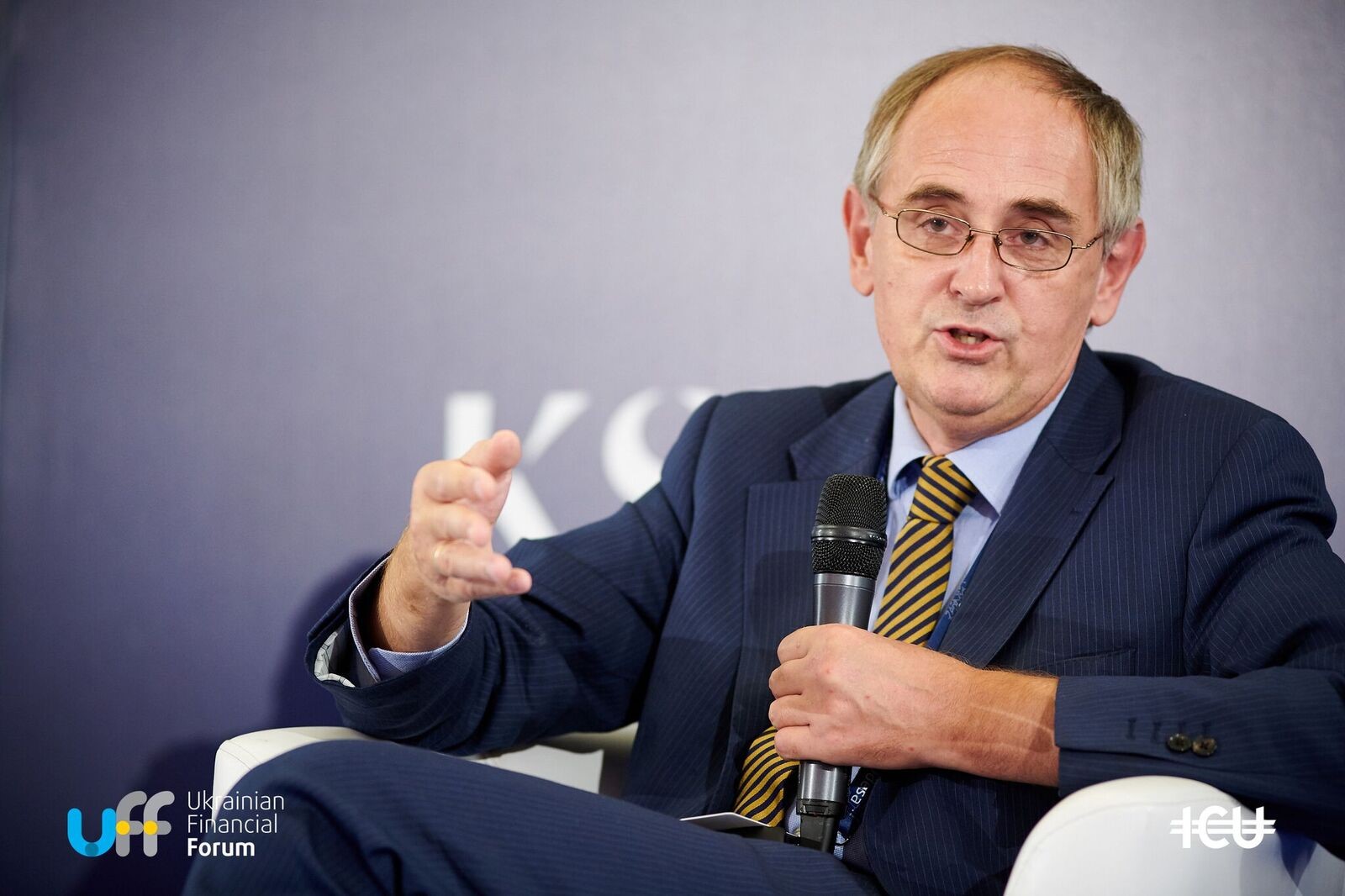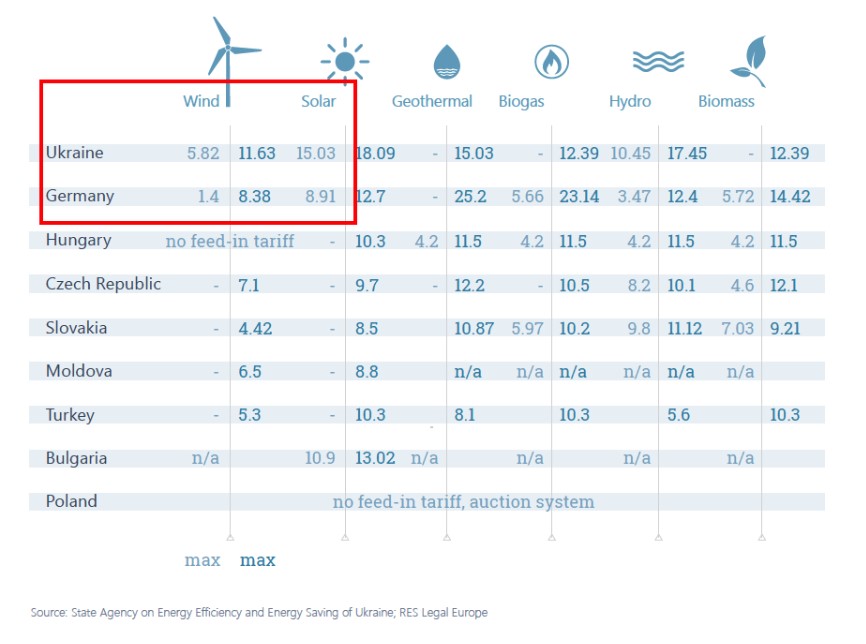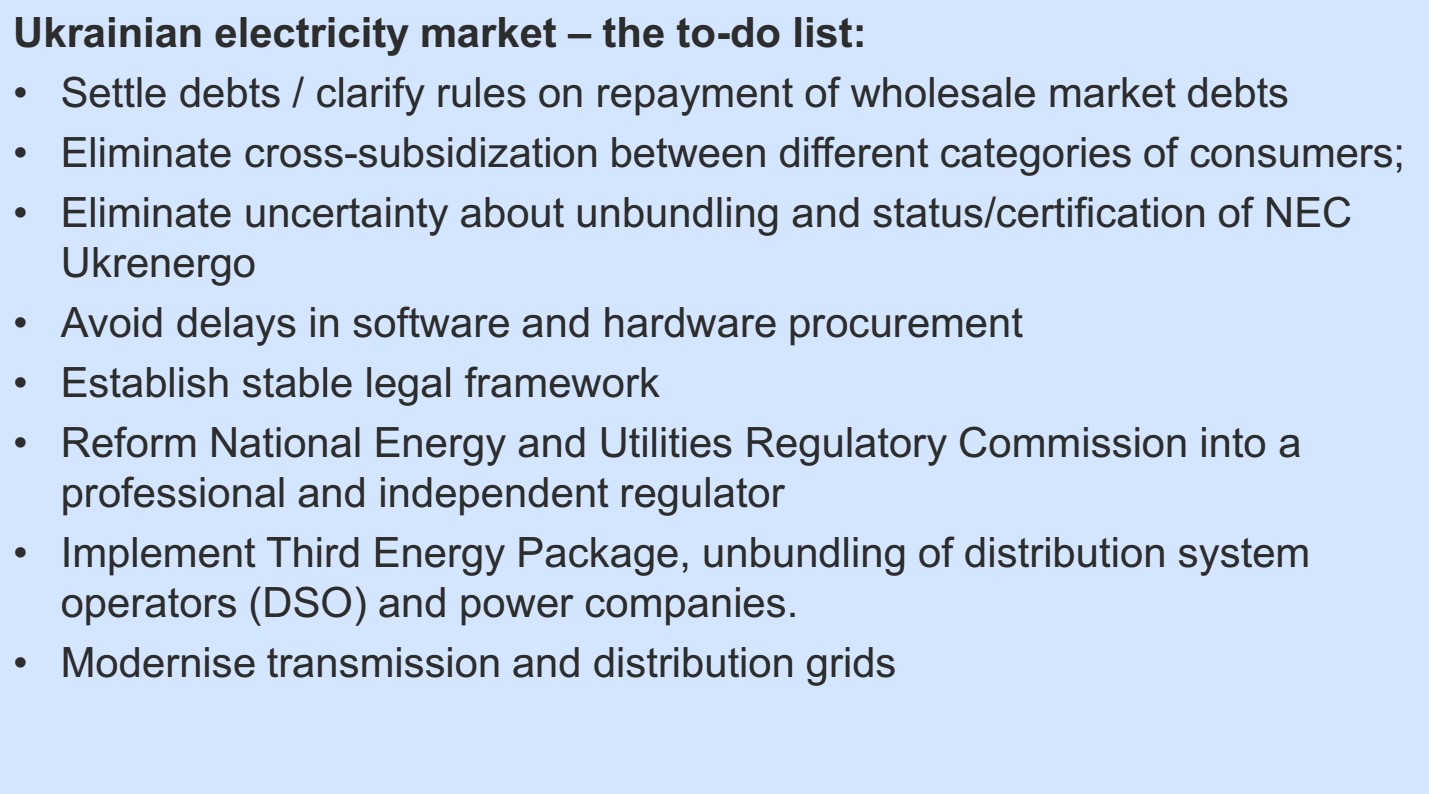Edward Lucas: Ukraine needs a truly competitive electricity market without distortions
Edward Lucas, a keynote speaker of the Ukrainian Financial Forum 2018, is confident that in the long term, the Ukrainian electricity sector should integrate with the EU power system. For that, the power markets require honest competition, high technical standards, predictability, and lack of distortions.

Electricity market needs real competition and integration with EU
The electricity market’s legal framework is quite good, and Ukraine will hopefully be able to learn lessons from gas reforms. The long-term goal is to connect into the European grid ASAP, and that requires visibility. This is a big challenge that requires high technical standards and predictability. In unbundling this sector, Ukraine needs to avoid the Potemkin situation that exists in the natural gas market, and introduce honest competition at the intermediate level.
There are black holes of large amounts of debt in this sector, too. The regulator needs to resolve this issue, stop the debt from escalating, force collection and even bankruptcy, and establish trading. And accomplish all this without disconnecting consumers. It’s a challenge.
The most important advice Lucas could give for Ukraine here is to be patient. It’s going to be a long, difficult, and painful process. It is very important for Ukraine to create an energy market where participants can sell any power type without distortion. Ukraine needs to level the playing field between the different forms of both generation and foregone consumption. The experience of other countries shows that demand response can be surprisingly effective, he advises.
Advantageous time to develop alternative power generation
Renewables have developed considerably faster than people expected. Lucas points to falling costs of equipment and power storage, and the development of sophisticated transmission systems. Ukraine is moving into 21st century technology at a highly advantageous time. The country is able to buy inexpensive and highly efficient next-generation equipment that was tested and proved in other countries. Contrast this with Germany and the UK’s experience where those countries started with previous-generation and even a generation before that.
That said, Edward Lucas says feed-in tariffs for Ukrainian alternative-power generation are absolutely grotesque. Ukraine, a poor country, pays much higher feed-in tariffs than Germany. With all the credits and support given to solar energy, it looks like the electricity consumer in Ukraine is subsidizing the owners of the solar parks, so it would be reasonable to revisit both solar and wind tariff regulations.
Feed-in tariffs in Ukraine versus other countries from Edward Lucas’ presentation:

The to-do list for reforms in Ukraine’s electricity sector from Edward Lucas’ presentation:
